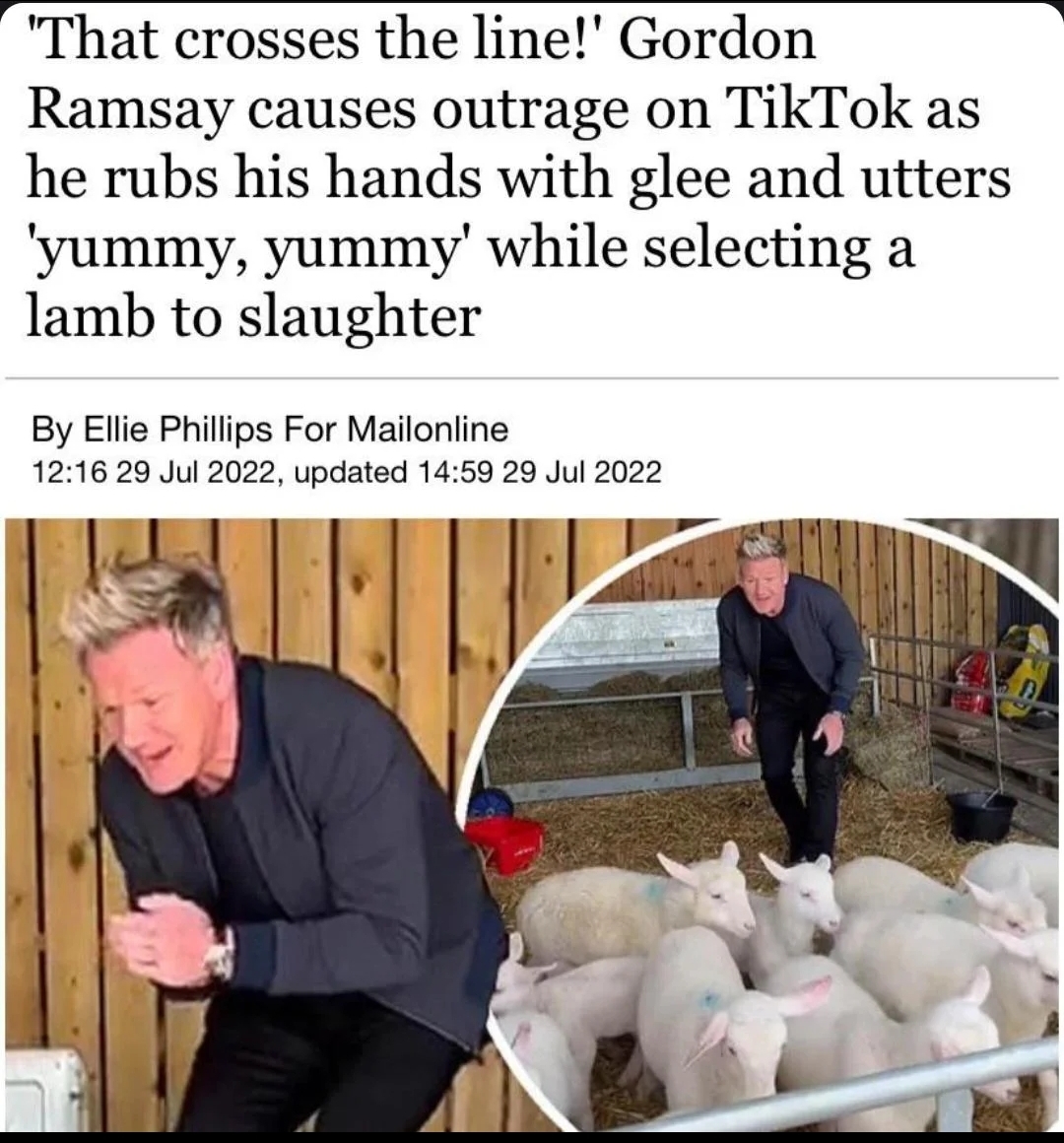this post was submitted on 17 Oct 2023
578 points (89.7% liked)
Funny: Home of the Haha
5714 readers
1232 users here now
Welcome to /c/funny, a place for all your humorous and amusing content.
Looking for mods! Send an application to Stamets!
Our Rules:
-
Keep it civil. We're all people here. Be respectful to one another.
-
No sexism, racism, homophobia, transphobia or any other flavor of bigotry. I should not need to explain this one.
-
Try not to repost anything posted within the past month. Beyond that, go for it. Not everyone is on every site all the time.
Other Communities:
-
/c/TenForward@lemmy.world - Star Trek chat, memes and shitposts
-
/c/Memes@lemmy.world - General memes
founded 1 year ago
MODERATORS
you are viewing a single comment's thread
view the rest of the comments
view the rest of the comments

Can you provide another example please? I'm not sure I follow the bucket analogy.
If I choose not to eat meat it lessens the demand for it (however minutely). On a larger scale with many vegans refusing to eat meat less animals are bred into existence to be slaughtered.
What am I missing?
Not sure why he believes citing that graph is some great counterpoint. Less demand does factually translate to less supply and therefore less suffering. The problem is that populations still continue to grow and the number of vegetarians/vegans is neglible to overall growth.
Obviously if every vegan and vegetarian suddenly began eating meat again, then that graph would only increase in rate of change.
Change the minds of more people, and watch that change the rate of supply of course.
this is not causal
Just double checked the definition of causal here and I'm pretty sure it is. As the demand for a product falls, less is produced.
that's not always true. sometimes demand falls and production continues.